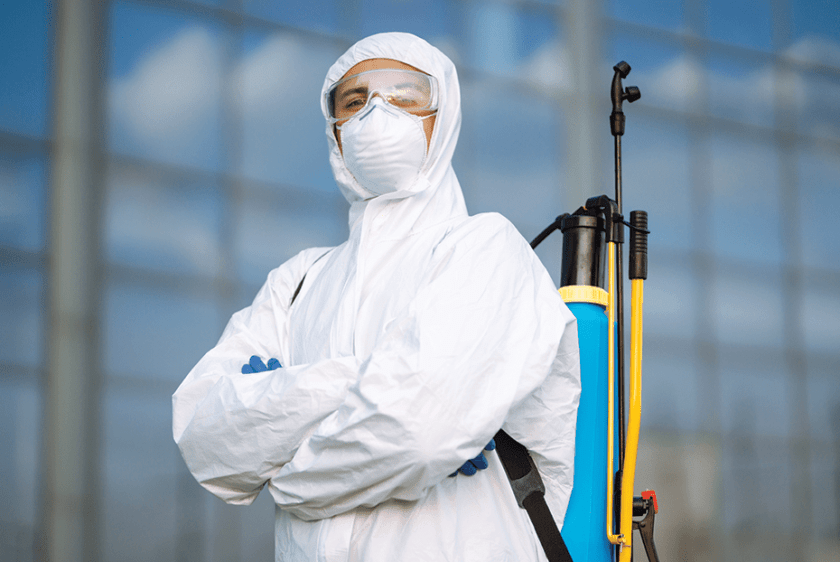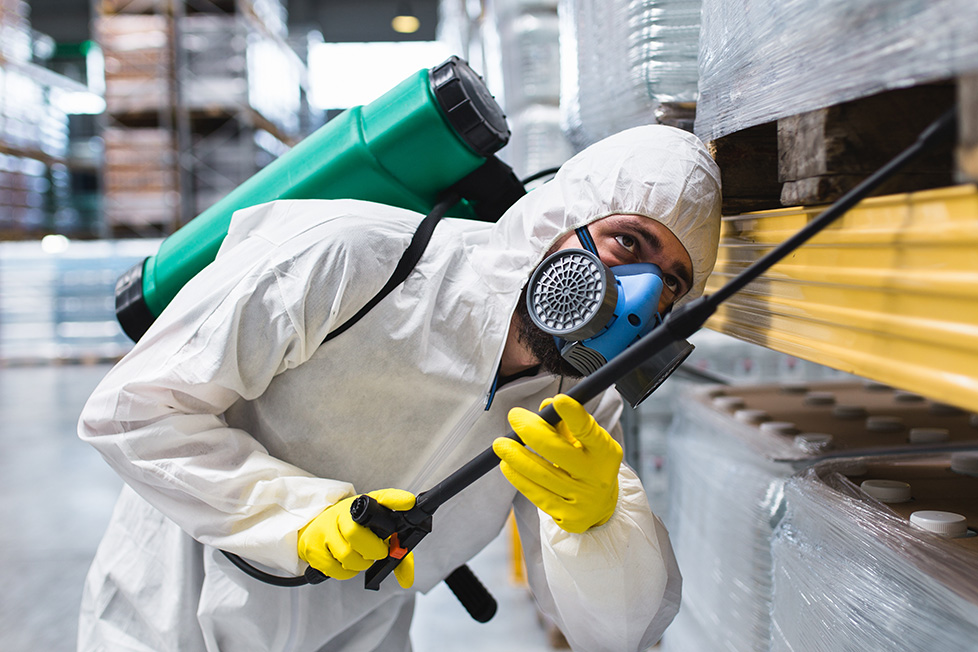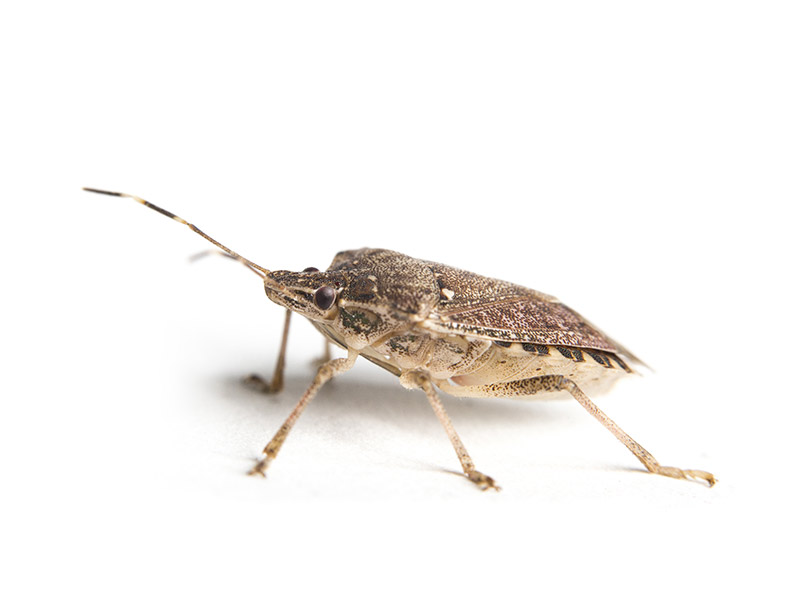Stop unwanted pests with professional Pest Control in Port Charlotte now.
Exploring Innovative Methods and Products for Effective Pest Control
The landscape of insect control is evolving, noted by the appearance of cutting-edge methods and products designed to boost performance and sustainability. From smart catches outfitted with innovative tracking systems to organic methods that utilize natural predators, these developments provide a standard change in exactly how we approach pest monitoring. Environment-friendly chemical options and scent disturbance methods use targeted services that align with ecological stewardship. As the market faces these developments, a closer assessment discloses not just their effects yet also the potential difficulties that may develop in their execution.
Smart Traps and Keeping An Eye On Equipments
How can modern-day innovation boost bug administration? One substantial improvement is the growth of smart traps and monitoring systems, which give real-time data and analytics for efficient parasite control. These systems make use of sensing units and wireless innovation to discover pest activity, alerting residential or commercial property managers and insect control specialists to infestations prior to they rise.
Smart traps are geared up with attributes such as lure terminals that bring in pests and capture them efficiently. These traps can be monitored from another location, allowing for timely interventions and reducing the demand for considerable chemical applications. The integration of machine knowing formulas allows these systems to differentiate between target bugs and non-target varieties, boosting the precision of insect control measures.
Additionally, the data accumulated from clever traps can be assessed to recognize patterns in bug habits and environmental factors adding to invasions (Pest Control in Port Charlotte). This details is invaluable for creating targeted insect administration approaches tailored to specific environments. By accepting smart catches and keeping an eye on systems, bug control specialists can enhance their functional efficiency and lower the environmental impact of bug management, eventually bring about more secure and extra sustainable techniques in the industry
Biological Pest Control Techniques
Using all-natural predators and bloodsuckers, biological pest control approaches use an ecologically friendly option to chemical therapies. This technique entails the intro or enhancement of particular organisms that can normally control insect populaces, therefore reducing reliance on artificial chemicals. Usual examples consist of the usage of ladybugs to regulate aphid infestations and parasitic wasps to target caterpillars.

Organic control can be categorized right into three primary approaches: classical, augmentative, and conservation. Classic organic control entails importing natural enemies from the pest's indigenous habitat, while augmentative control involves raising the population of existing natural adversaries with launches. Preservation techniques concentrate on producing problems that support these helpful microorganisms in the community.
It often requires an extensive analysis of parasite dynamics and the life cycles of both the pests and their all-natural adversaries. As recognition of environmental issues grows, biological insect control approaches are significantly recognized for their sustainable role in integrated insect management programs.
Eco-Friendly Chemical Alternatives
Environmentally friendly chemical alternatives provide a viable solution for parasite monitoring that lessens environmental impact while successfully regulating bug populaces. These alternatives are originated from all-natural resources and are very carefully developed to target details bugs without hurting advantageous organisms, making them a vital component of sustainable pest control techniques.
Among the most efficient eco-friendly alternatives are plant-based insecticides, such as neem oil and pyrethrin, which are originated from the seeds and blossoms of different plants. These substances interfere with the life process of bugs, decreasing their populations without the harmful effects connected with standard pesticides - Pest Control in Port Charlotte. Furthermore, necessary oils like pepper mint and clove oil display repellent homes, further enhancing their utility in parasite management

Additionally, eco-friendly chemical alternatives usually damage down faster in the environment, minimizing the threat of dirt and water contamination. This characteristic aligns with the enhancing customer need for lasting practices in agriculture and city insect control. As research remains to advance, the growth of innovative green solutions will certainly further boost effectiveness and widen application areas, allowing pest management professionals to embrace greener, a lot more accountable approaches in their methods while click here for info securing human health and the atmosphere.
Pheromone Disturbance Strategies
Another cutting-edge technique in sustainable pest administration is using pheromone interruption techniques. These methods exploit the natural chemical signals, or scents, that insects make use of for interaction, specifically in mating behaviors. By disrupting these signals, pest populations can be successfully handled without turning to hazardous chemicals.
Pheromone traps are commonly employed in this method. Over time, this can lead to a significant decline in insect populaces.

Integrated Pest Management Strategies
Effective parasite control commonly needs a thorough method, and Integrated Bug Monitoring (IPM) techniques provide a framework for attaining this goal. IPM integrates various management techniques to reduce parasite populations while minimizing reliance on chemical pesticides. This multifaceted technique begins with detailed tracking and recognition of pests, permitting for targeted interventions based on particular parasite pressures.
Social methods, such as plant rotation and cleanliness, play a crucial duty in avoiding bug facility. Biological controls, including all-natural killers and parasitoids, are used to maintain bug populaces at manageable degrees. When essential, discerning chemical treatments are used, emphasizing lower toxicity to non-target varieties and the atmosphere.
In addition, education and learning and outreach are indispensable parts of IPM, promoting understanding among stakeholders regarding lasting techniques and pest life process. The adaptability of IPM enables specialists to respond effectively to altering parasite dynamics and environmental conditions. By using this holistic strategy, IPM not just boosts parasite control efficiency but also adds to long-term ecological balance. Ultimately, Integrated Insect Administration represents a forward-thinking service that straightens farming efficiency with environmental get redirected here stewardship, making it vital in modern bug control approaches.

Conclusion
In final thought, the integration of cutting-edge methods and items for effective insect control stands for a considerable advancement in sustainable bug management. Smart catches and keeping an eye on systems, biological bug control techniques, environmentally friendly chemical alternatives, and scent disruption strategies collectively boost the effectiveness of insect management strategies.